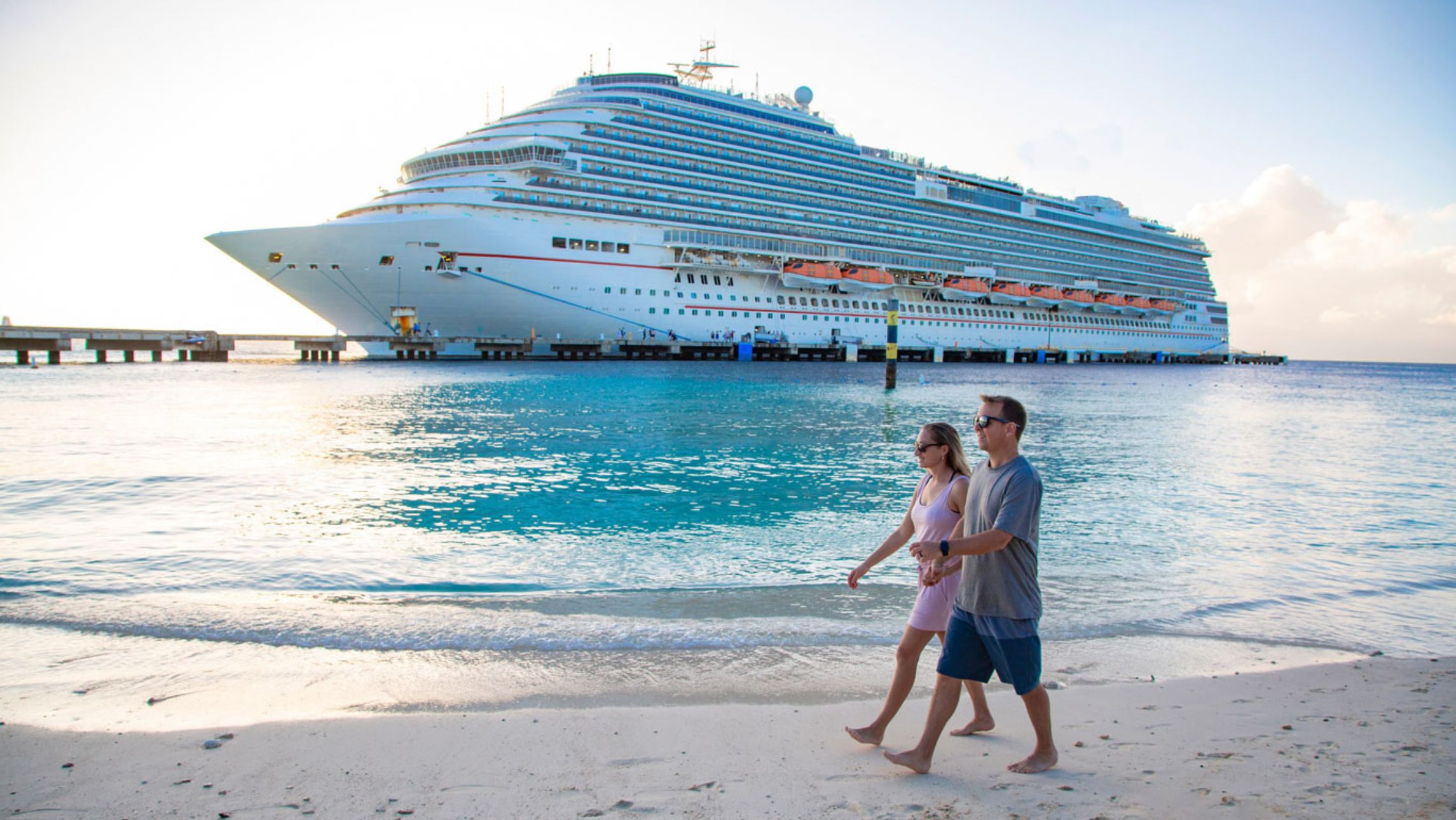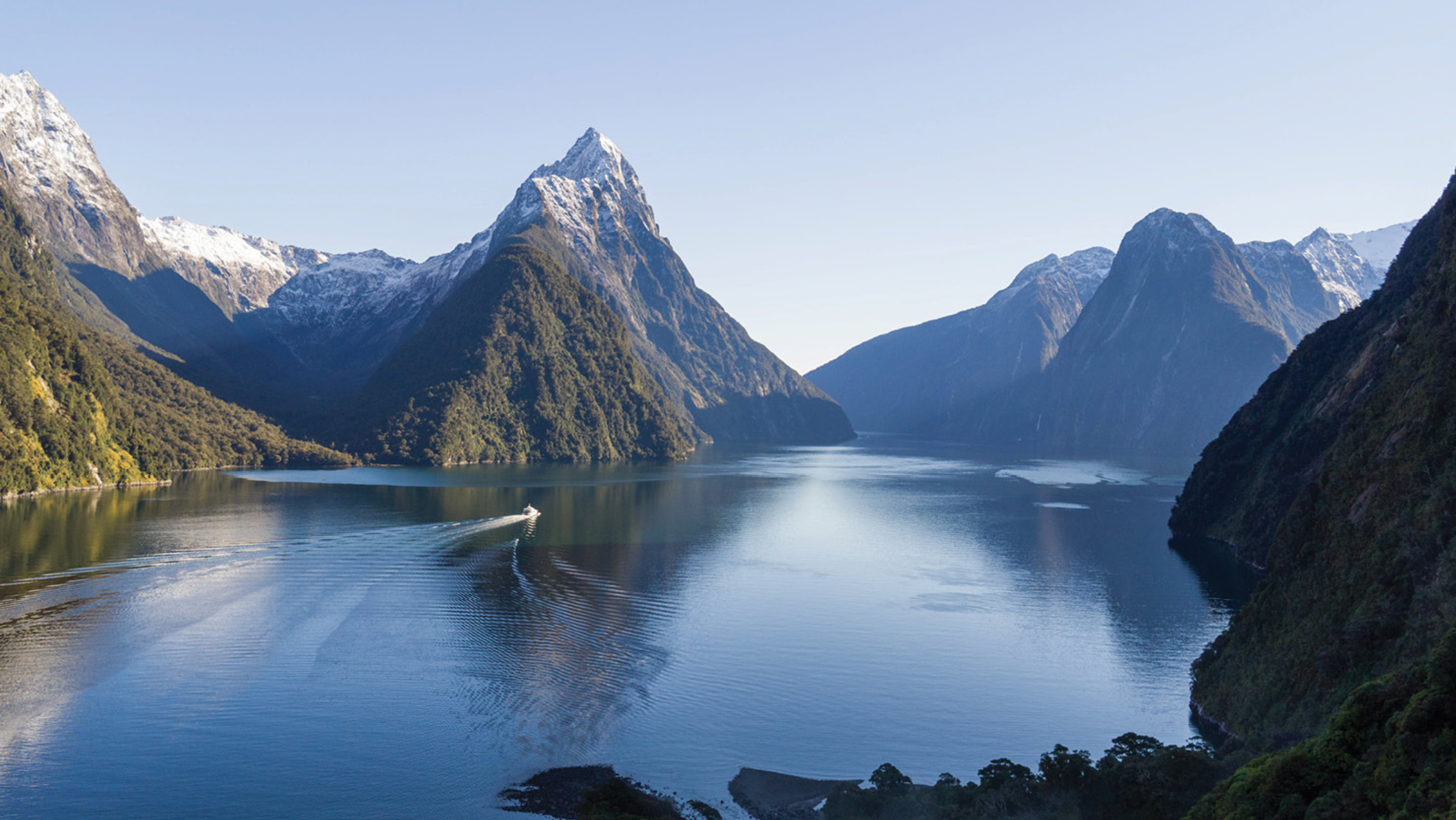Without a crystal ball, the future of travel is hard to predict – but here’s what we know so far. Brittany Lazarus reports.
Travel insurance
While you should not travel without it, travel insurance is in place to cover you from the unknowns and the one-in-a-million chances rather than a known disease that is actively and quickly spreading. To sum this rather sticky situation up, you are more likely to find insurance to cover you for cancellations than for medical bills related to COVID-19 and you will not be covered if you are acting against a travel ban.
Finder insurance specialist Taylor Blackburn says: “From onboard medical expenses and emergency evacuation to covering your valuables and travel documents if they get lost, stolen or damaged, travel insurance will continue to be a worthy consideration for those who want to feel protected.”
Mr Blackburn also said that looking to the future, it is unlikely you will be covered for claims related to known pandemics and suggested that it is important to check your product disclosure statement for general exclusions and specific information.
Finder has listed that American Express, CoverMore, World2Cover and Easy Travel Insurance are all still providing coverage.
Air travel
International airlines have to work with each Australian state or territories passenger caps or complete border closures. The caps at the moment range from 0 to 2450 passengers a week.
Most airlines have halted Australian operations for the time being. However, both Qatar and AirAsia continue to operate limited services and have provided some insight into what we can expect when next boarding an international flight.
Prepare yourself for walking onto the set of a sci-fi movie. You can expect the usually primped and preened airline staff will be dressed similarly to nurses, and the airport will be almost completely empty.
Traveller Kelsey Burrows, who returned from Ireland on one of Qatar’s 23 weekly flights, said her biggest takeaway from flying internationally was how stressful it was seeing staff and other passengers in personal protective equipment. “I watched YouTube videos and thought I knew what I was walking in to, but I didn’t expect it to be so confronting,” she said.
A flight with Qatar Airlines as an economy passenger requires you to wear a face shield, in addition to a face mask or covering, throughout the duration of the flight except for when you are served a meal and drink which are served as normal.
Business-class passengers are able to wear their face shield and mask at their own discretion, as they are seated with more space and privacy; they can also order their meals ‘dine on demand’.
AirAsia is slightly more relaxed – passengers must bring their own mask and face shields are not mandated.
You can expect transitions all round to be a little slower with temperature checking, sanitisation, distribution of PPE, and contactless check-ins.
There are also long delays at immigration as planes are each processed separately to avoid human cross-contamination.
Hotel quarantine
Potentially replacing long-haul flights as the worst part of a holiday is hotel quarantine. There have been mixed reviews of personal experiences, with the variety largely down to the hotel in which you are placed.
Remaining consistent across all facilities:
- You will undergo COVID-19 testing and be consistently monitored for symptoms.
- The hotel stay is 14 days.
- You do not have any say in where you are quarantined.
- Some hotels will allow you to leave your room for exercise.
- If your room is to be cleaned, staff will clean in full PPE gear.
Ms Burrows suggested that even a loose routine can help keep you sane. “I have specific activities I do each day, I drink enough water, wash myself and my dishes and do a workout,” she said.
Ms Burrows was amazed by the level of service she received. “Everybody is so kind, they will go above and beyond for you,” she said.
Your food is provided, but you can also order from meal delivery services such as UberEATS and Deliveroo. Alcohol can still be requested or ordered in but there are daily limits on how much you can have in your room.
Cancellation plans
When beginning to make travel plans, cover your bases. If you fall ill or restrictions are imposed, what will happen to your money?
Cancellation policies are currently a lot more flexible and should be a deciding factor in who you book with. Airbnb is leading the way in accommodation with a policy offering a full refund if you cancel more than 24 hours out from your trip.
When it comes to cruising, Viking comes out on top with the option to cancel 24 hours before departure for any reason, change fees waived. This applies to any sailing in 2021, 2022 or 2023 when booked before 30 September 2020.
Have a close look at cancellation policies before making a booking; examine the credit or refund options offered and time frames both for making a cancellation and using future credit. Be aware of companies that are claiming to have flexible policies but are actually just offering the bare minimum of future credit for government-imposed cancellations.
Nobody can predict exactly how travel will look in the months and years to come. What we do know for certain is that people cannot wait to travel again.








